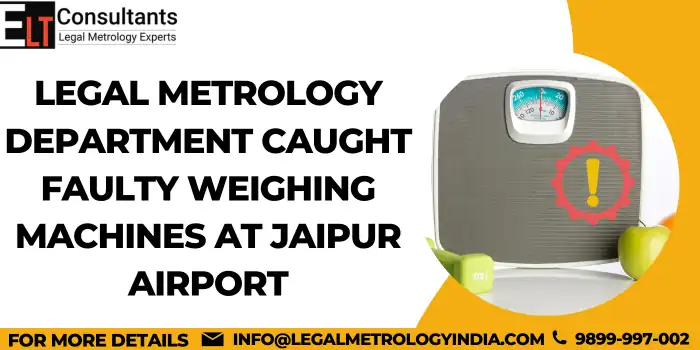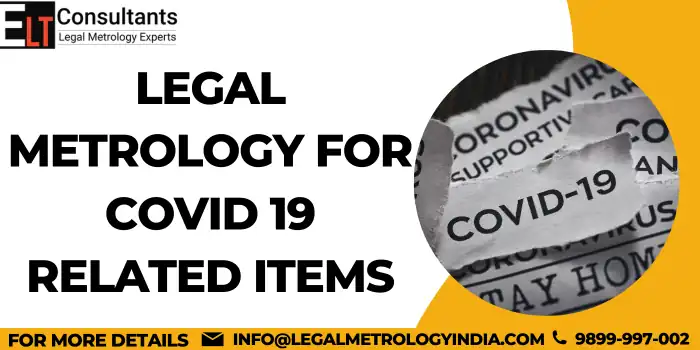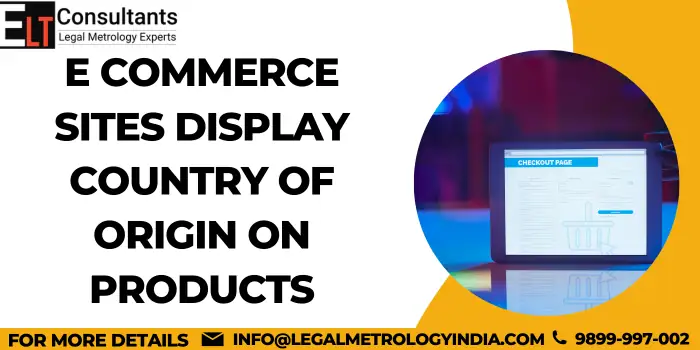List of Metric Terms To Be Used As Per Legal Metrology Law
According to the rules under Legal Metrology, various kinds of commodities and devices weighed and measured in different kinds of metric terms like kilograms, liter, length, etc. So to understand each of them lets know about the metric terms to be used as per legal metrology law. Weight and measurement of a commodity or device are mandatory, used in any transaction for the protection of the consumer. The list of commodities under The Model of Legal Metrology (Enforcement) Rules, 2010 which may be sold by weight, measure, or number are as follows: S. No. Commodity Declarations expressed in the form of weight, measure, number, or more. 1. All kinds of Sauce Weight 2. Sweets like Gulabjamun, Rasgulla etc. Weight 3. Paste and solid paint Weight 4. Liquid Petroleum Gas Weight 5. Honey/Malt Extract/Golden Syrup Weight 6. Fuel Oil with heavy residue Weight 7. Aerosol products Weight 8. Acids (Liquid) Weight or volume 9. Frozen products like Ice-cream Weight or volume 10. Liquid Chemicals Weight or volume 11. Vegetable oils Weight or volume 12. Furnace Oil Weight or volume 13. Hair oil Weight or volume 14. Papad Number and weight 15 Nails/ wood screws Number or weight 16. Fruits and Vegetables Number or weight 17. Readymade Garments Number and size 18. Tyres and tubes Number 19. Electronic Cables Length or weight 20. Electric wire Length or weight 21. Fencing wire Length or weight 22. Industrial diesel fuel Volume 23. Yarn Weight or length of yarn 24. Compressed or Liquidated Gas Weight and equivalent volume that stated temperature and pressure weight Rule 10 According to Rule 10 of the Model Approval of Legal Metrology (Enforcement) Rules, 2010 the declaration of the number of commodities in any transaction, dealing, or contract or for protection should be in the following ways: As per Rule 25 of the Act, in case of violation of rules, the person shall be punished with a fine extending to Rs. 5,000. Conclusion It is always advisable to consult an expert to avoid any violation of rules as per the Act. DISCLAIMER: – The use of this website does not constitute the rendering of legal advice by the author to the reader. The above content is for the knowledge of readers, based on the above, the readers are advised to make any legal decisions but to put their reliance on respective legal professionals.






